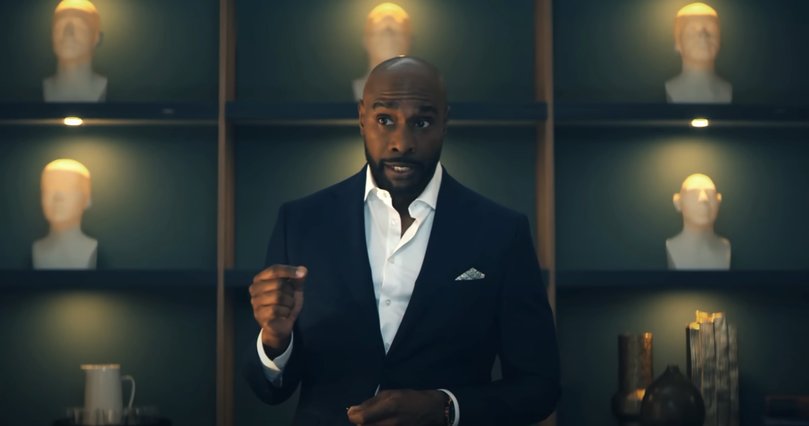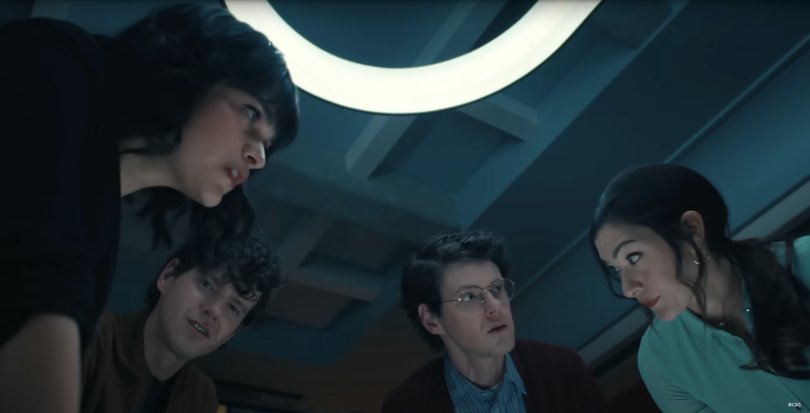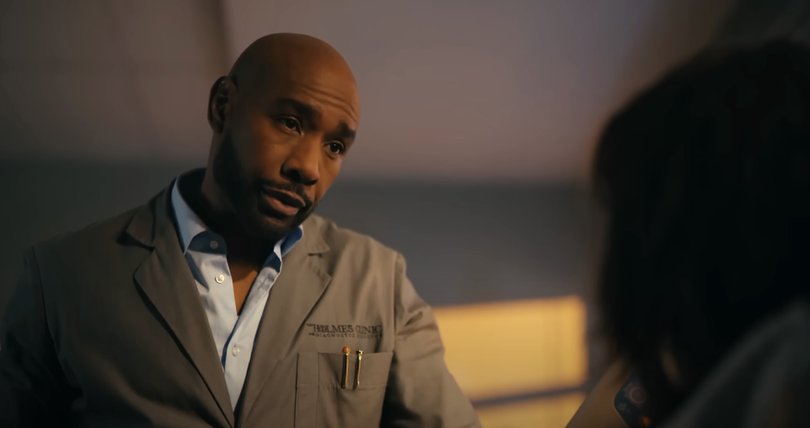New Sherlock Holmes TV show Watson ditches the main character
A new modern day Sherlock Holmes TV series has many elements of Arthur Conan Doyle’s stories — except the famed detective.

A modern day Sherlock Holmes-adjacent story with a genius doctor trying to solve puzzling medical cases with a team of younger doctors?
It’s not House, but it certainly sounds like it.
The show is called Watson and it’s more directly linked to Arthur Conan Doyle’s stories than the Hugh Laurie series. Here, Watson is actually Watson and not Wilson, and Holmes is Holmes, not House. Ditto, there is a Moriarty in this world, a Shinwell Johnson and references to Gregson and the Irregulars.
Sign up to The Nightly's newsletters.
Get the first look at the digital newspaper, curated daily stories and breaking headlines delivered to your inbox.
By continuing you agree to our Terms and Privacy Policy.But there is definitely more than a fleeting resemblance to House, and that, more than other Conan Doyle adaptations, will be the comparison that will come up the most.
Holmes doesn’t physically figure in the series but his presence looms large. The story is set in the aftermath of The Final Problem, during which Holmes and his nemesis Moriarty plunge to their supposed deaths at Reichenball Fall.

If you know the story, Conan Doyle was persuaded to revive Holmes from death, so watch this space, especially as Moriarty makes an appearance at the end of episode one (with a delicious piece of secret casting, let’s just say you’ll recognise their distinctive voice before you see their face).
In the world of Watson, Holmes’ bestie was also there and he has a traumatic brain injury from his vertiginous plummet. Waking up in hospital, Watson (Morris Chestnut) discovers that Holmes has left him a considerable sum to set up a diagnostic clinic in Pittsburgh, where he hires a team of young doctors.
They are Ingrid Derian (Eve Harlow), a gifted neurosurgeon who suspects she has a personality disorder, Sasha Lubbock (Inga Schlingman), an immunologist and adoptee, and twins with different personalities Stephens and Adam Croft (Peter Mark Kendall in a dual role). The medical director is Mary Morsten (Rochelle Aytes), Watson’s estranged wife.
It functions primarily with a case-of-the-week format – patients with mysterious illnesses are wheeled in and everyone sets off to work. There are also longer story arcs – what is Moriarty’s end game, Ingrid’s lies, Watson’s desire to reunite with Mary, him hiding his medical symptoms, why were these particular young doctors chosen and are they being observed for something else?

As a series, Watson is fine. The characters come with the goodwill of being part of the Conan Doyle universe and, in the first five episodes made available for review, it clips along at a decent pace.
The medical cases themselves are not particularly set-the-world-on-fire (gunshot victim wakes up believing he’s Scottish, trying to trace the family of a cadaver with a rare disease) but, for a procedural show, it ticks requisite boxes. Watson likes to say that their cases don’t need doctors; they need detectives.
It will need time to develop a connection between the audience and the characters if it’s given the time to become a longer-running series. Shows like Watson, like House, used to be the backbone of American TV but it’s rare for them to last the distance.
The creator, Craig Sweeney, at least has some experience in this realm. He was an executive producer on Elementary, which was, of course, another modern-day Conan Doyle adaptation which followed Jonny Lee Miller and Lucy Liu’s Holmes and Watson around New York City.

That series ran for 154 episodes, maintaining its standard, and deepened its characters to the extent that its Holmes and Watson became one of the most endearing platonic friendships between a man and a woman on TV.
The Sherlock Holmes stories have immortalised on screen for more than a century but the key to their success has been the richness of Holmes’ characterisation, from the prodigious intellect to the addiction and arrogance.
Whether it’s Miller, Benedict Cumberbatch (seriously, how good was Sherlock), Robert Downey Jr, Basil Rathbone or Peter Cushing, Conan Doyle’s writings have provided the texture for the cultural icon. He continues to enthral.
John Watson on screen was always more malleable to whoever was in the role, and in Chestnut’s version, he’s confident but slightly haunted. Whether Watson will be able to make the series feel distinctly Holmesian without Holmes will be its challenge.
Who is Watson on his own? Hopefully more than a de facto Sherlock.
Watson is streaming on Paramount+ with new episodes weekly

